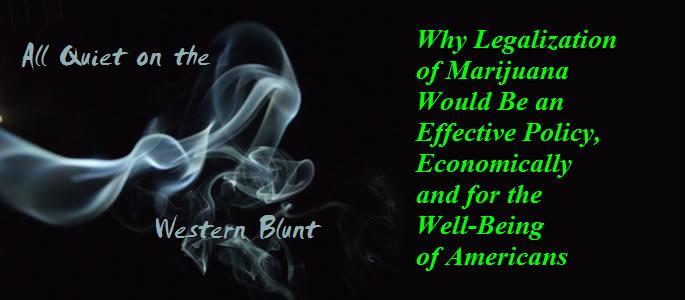-Note: skunk is slang for incredibly strong weed.
More than once in the comments and in one of my posts, we've discussed how alcohol is more dangerous than marijuana. I have never shown any proof for this, until now.
It is well-known common knowledge that alcohol is incredibly dangerous and possibly fatal is consumed irresponsibly. The lethal dosage for alcohol at which half of the population would from is .40% which is five times the legal driving limit. Furthermore, on average, drunk driving kills one person every forty minutes in the United States alone. An
MSNBC article conservatively estimates the deaths related to alcohol to be about 75,000 while a
more comprehensive analysis estimates one hundred thousand people die each year from alcohol related causes. MSNBC includes deaths from drunk driving accidents, cirrhosis of the liver, cancer, and other diseases related to drinking too much alcohol, while the other, in addition to those causes, cites suicides, accidental drownings, accidental falls, and homicides that are attributed to alcohol.
On the other hand, it is practically impossible for anyone to overdose on marijuana. One would have to smoke one-third of their body weight in
fifteen minutes to
overdose on marijuana. Also, unlike alcohol which causes liver damage no matter how it's consumed, marijuana can be consumed without harming the lungs (eating it in food) or minimizing the damage (vaporizer). As mentioned in past articles, marijuana does not impact driving much, but neither I, nor any advocate for legalization, would ever agree that smoking pot while driving is acceptable.
One last thing I would like to look at is prohibition as a policy. As everyone knows, or should know, alcohol was prohibited from 1919 until 1933. Marijuana has "enjoyed" a much longer stay under prohibition. But how effective was/is each prohibition? Let's delve in. Prohibition of alcohol in the United States is somewhat well-known. Despite the ban, speakeasies arise providing people with illegal alcohol that is in turn provided by gangs and organized crime. This effectively introduced organized crime and gang violence to America. Doctors began to lobby for repealing of the eighteenth amendment and finally in 1933, it is repealed. Besides the negative externality that is gang violence, prohibition also caused feelings of distrust in the government because of endorsed propaganda.
As for marijuana prohibition, the effects are similar: gang violence is increased because gangs fight over marijuana and territory in which to sell it, feelings of distrust in the government, and widespread consumption despite the ban.

